There are currently over 400 different extended producer responsibility systems in place globally. Extended producer responsibility and the circular economy are closely related: there can be no circular economy without extended producer responsibility, and extended producer responsibility is the driving force behind the circular economy.
Children's swimwear production line for export at Ha Dong Company Limited's garment factory in Tan Hoi commune, Dan Phuong district, Hanoi. Illustrative photo: Vu Sinh/VNA
Policy improvement
Extended producer responsibility is a new point of the Law on Environmental Protection 2020. In addition to the goal of increasing reuse, recycling, and waste reduction, extended producer responsibility will impact changing the habits of producers and consumers, expanding the ability to use environmentally friendly raw materials, reducing plastic waste, and moving towards a circular economy.
Article 54 of the 2020 Law on Environmental Protection stipulates that manufacturers and importers are responsible for recycling products and packaging - applicable to products and packaging with recyclable value; Article 55 stipulates the responsibility for collecting and treating waste - applicable to products and packaging containing toxic substances that are difficult to recycle, causing difficulties in waste collection and treatment.
Regarding the responsibility for recycling products and packaging: Manufacturers and importers of 6 groups of products and packaging including: tires, batteries and accumulators, lubricants, products with packaging (such as food, cosmetics, medicine, fertilizers, animal feed, veterinary medicine, cement, detergents and preparations for household, agricultural and medical use); electricity and electronics; means of transport must be responsible for recycling products and packaging according to a mandatory recycling rate and mandatory recycling specifications (depending on each specific type of product and packaging).
Manufacturers and importers can organize recycling themselves or can contribute financially to the Vietnam Environmental Protection Fund to support recycling activities. Manufacturers and importers of 04 groups of products and packaging (tires, batteries and accumulators, lubricants and packaged products) must fulfill their recycling responsibilities from January 1, 2024; manufacturers and importers of electrical and electronic products must fulfill their recycling responsibilities from January 1, 2025 and manufacturers and importers of means of transport (cars, motorbikes) must fulfill their recycling responsibilities from January 1, 2027.
Regarding the responsibility for waste collection and treatment: Manufacturers and importers of 6 groups of products and packaging are responsible for contributing financially to support waste collection and treatment, including: pesticides, disposable batteries, diapers, sanitary napkins, disposable wet wipes, chewing gum, cigarettes, some products and goods containing synthetic plastic components (such as balloons, children's toys, shoes, clothes, disposable plastic products, disposable items, furniture, construction materials, small-sized non-biodegradable plastic bags, etc.). Manufacturers and importers must contribute financially to the Vietnam Environmental Protection Fund to support waste collection and treatment from January 1, 2022.
According to Dr. Phan Tuan Hung, Director of the National EPR Council Office, extended producer responsibility is an economic tool that follows market principles and a new policy approach to finding financial solutions to address waste issues; at the same time, extended producer responsibility promotes the recycling industry, brings economic opportunities, jobs and helps the Government achieve environmental goals. If properly and fully implemented, the requirements of extended producer responsibility will ensure a closed, circular resource between input materials and waste generated during the production process, towards the goal of zero emissions.
The key to unlocking the future of the recycling industry
The application of extended producer responsibility will create great opportunities for Vietnam's recycling industry. Regardless of the form of recycling chosen by manufacturing enterprises, the cash flow will flow to the group of enterprises that collect and recycle waste. However, according to Mr. Phan Tuan Hung, only advanced and modern recycling technology that ensures environmental standards will benefit from extended producer responsibility. Therefore, recycling enterprises must change their technology to meet environmental standards. In addition, small-scale recyclers with little potential to apply advanced technology can join together to grow stronger.
In Vietnam, manufacturers and importers have also proactively carried out their expanded responsibilities quite early. In 2021, for the first time, 9 large enterprises competing in the market, namely TH Group with the TH True Milk brand, Coca-Cola Vietnam, Friesland Campina Vietnam, La Vie, Nestle, Nutifood, Suntory PepsiCo Vietnam, Tetra Pak and Universal Robina Corporation, jointly established the Vietnam Packaging Recycling Alliance (abbreviated as PRO Vietnam). The alliance identifies the mission of developing a strong enough domestic packaging collection and recycling ecosystem, helping to increase the recycling rate and minimize the rate of packaging waste in the environment.
Over the past two years, PRO Vietnam has stepped up its support for activities in areas including raising consumer awareness of recycling and waste classification, and strengthening the existing packaging collection ecosystem. PRO also supports recycling programs of treatment plants and recycled material manufacturers.
Not stopping at the joint efforts of the Alliance, members actively responded and proactively signed cooperation agreements with recyclers towards the goal of sustainable development. Suntory PepsiCo Vietnam Beverage Company Limited (Suntory PepsiCo) and DUYTAN Recycling Plastic Joint Stock Company (DUYTAN Recycling) signed a strategic cooperation agreement on the supply of recycled plastic to produce packaging for Suntory PepsiCo products in the period of 2022 - 2026.
In October 2023, La Vie Limited Liability Company (La Vie), a member of Nestlé Group, signed a memorandum of understanding on a cooperation program for plastic collection and recycling with DUYTAN Recycling. According to the 5-year strategy, La Vie and DUYTAN Recycling aim to collect and recycle 11,000 tons of plastic waste, applicable to La Vie bottle products from small capacity to 19L capacity products.
In mid-November 2023, FrieslandCampina Vietnam signed a Strategic Cooperation Agreement with Dong Tien Binh Duong Paper Company and Truong Thinh Construction Mechanical Company with the aim of improving packaging collection and recycling capacity.
Vietnamese enterprises are also making great efforts to invest and cooperate with domestic recycling factories. Duy Tan Plastic Recycling Company has invested 60 million USD to build a plastic recycling factory with Bottle to Bottle technology. This technology allows plastic to be recycled up to 50 times. This factory is in the top 5 most beautiful, modern and largest plastic recycling factories in the world. In particular, with a capacity of 40,000 tons of recycled plastic products/year, the factory is using entirely domestic scrap plastic as input material.
Vietcycle Company signed a contract with ALBA Asia Group to build a recycling plant with a total investment of up to 50 million USD and a capacity of up to 48,000 tons/year. This recycling plant uses advanced technology from Germany, recycling rPET plastic that meets international standards. This is the largest plastic recycling plant and also the first plant in the North to recycle plastic products that can be used to contain food.
The expanded producer responsibility has been practiced and brought many positive results in many European countries, Japan, Korea, etc. 2024 is the first year of implementing the expanded producer responsibility in Vietnam with the hope of creating a change in the process of promoting Vietnam's circular economy.
According to VNA/Tin Tuc Newspaper
Source



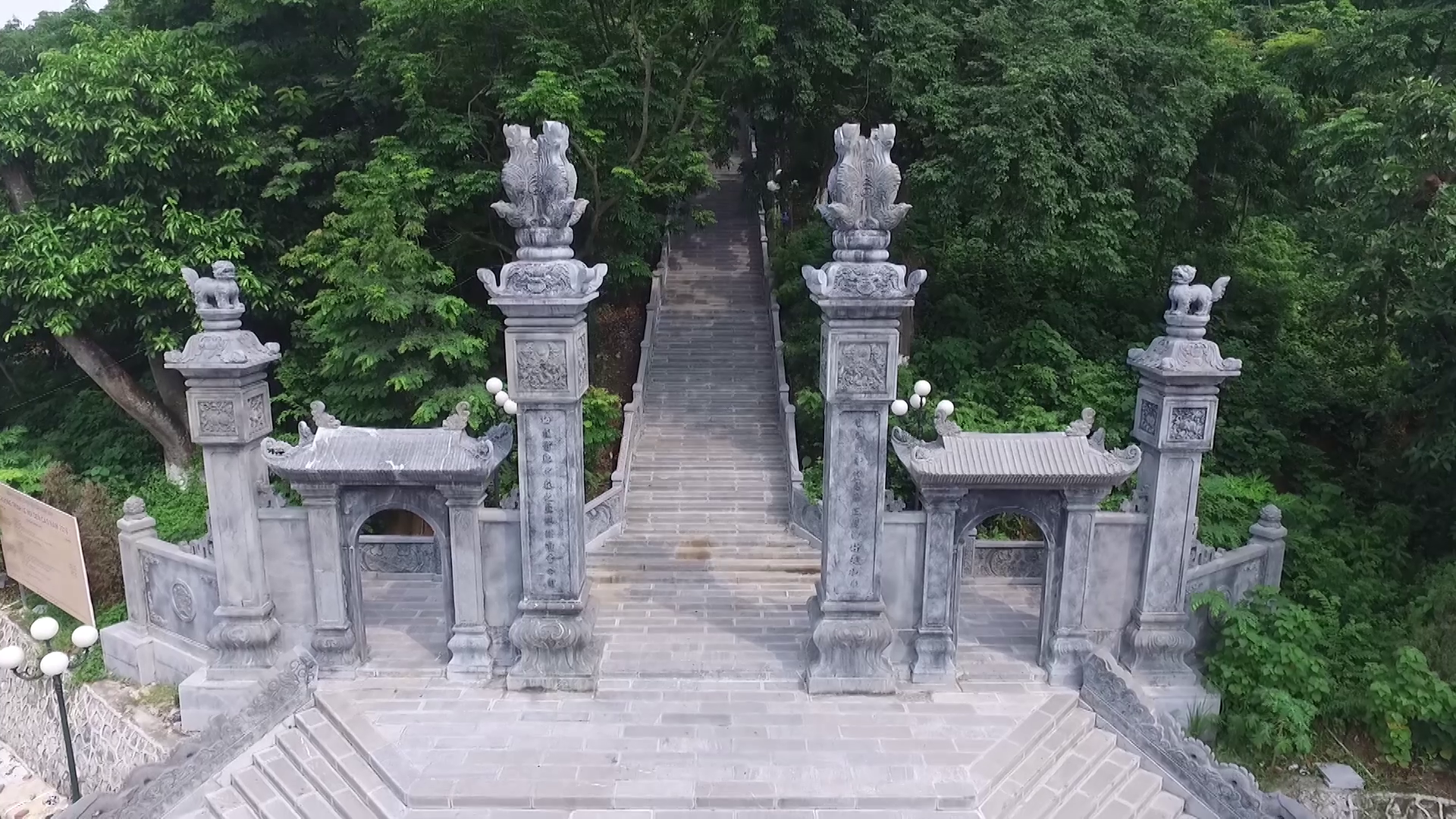
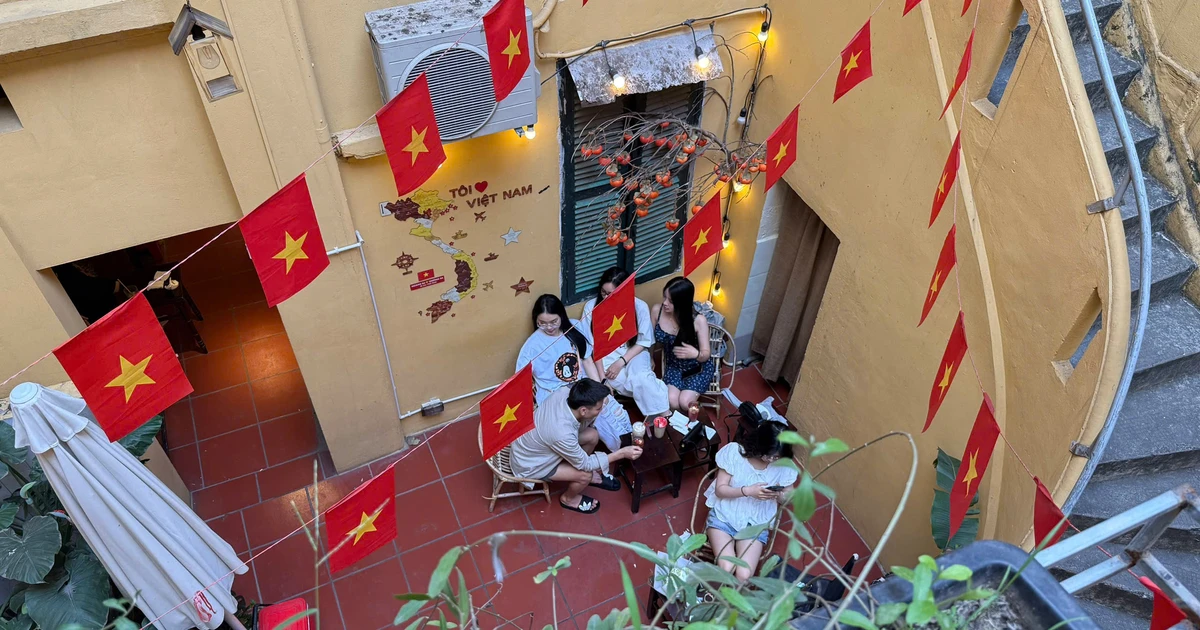
![[Photo] President Luong Cuong receives Ethiopian Prime Minister Abiy Ahmed Ali](https://vstatic.vietnam.vn/vietnam/resource/IMAGE/2025/4/16/504685cac833417284c88a786739119c)
![[Photo] Many practical activities of the 9th Vietnam-China border defense friendship exchange](https://vstatic.vietnam.vn/vietnam/resource/IMAGE/2025/4/16/3016ed3ef51049219574230056ddb741)
![[Photo] Opening of the 4th Summit of the Partnership for Green Growth and the Global Goals](https://vstatic.vietnam.vn/vietnam/resource/IMAGE/2025/4/16/488550ff07ce4cd9b68a2a9572a6e035)
![[Photo] North-South Expressway construction component project, Bung - Van Ninh section before opening day](https://vstatic.vietnam.vn/vietnam/resource/IMAGE/2025/4/17/ad7c27119f3445cd8dce5907647419d1)
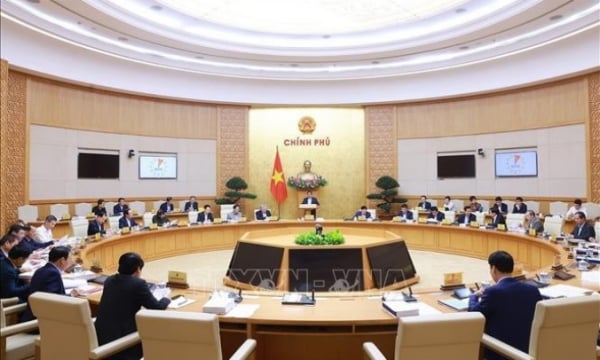
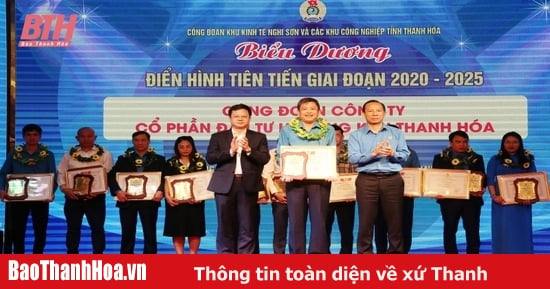
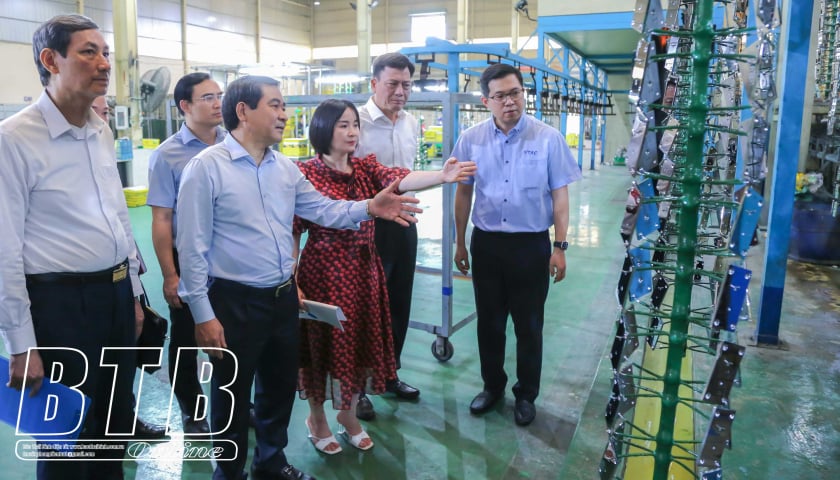

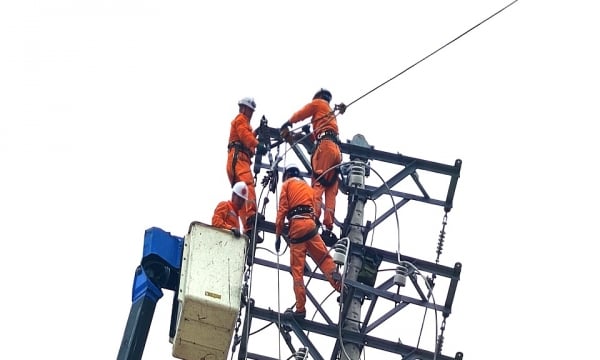
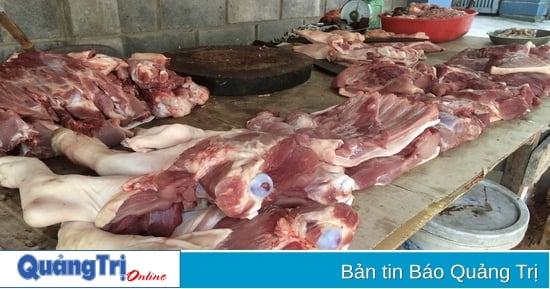
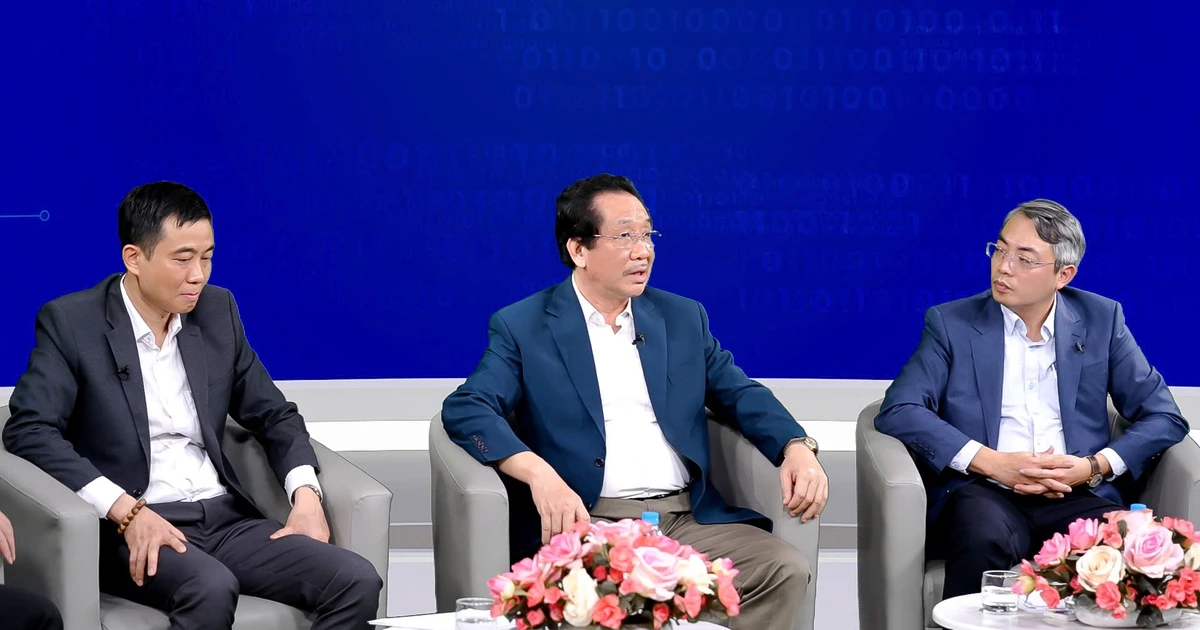

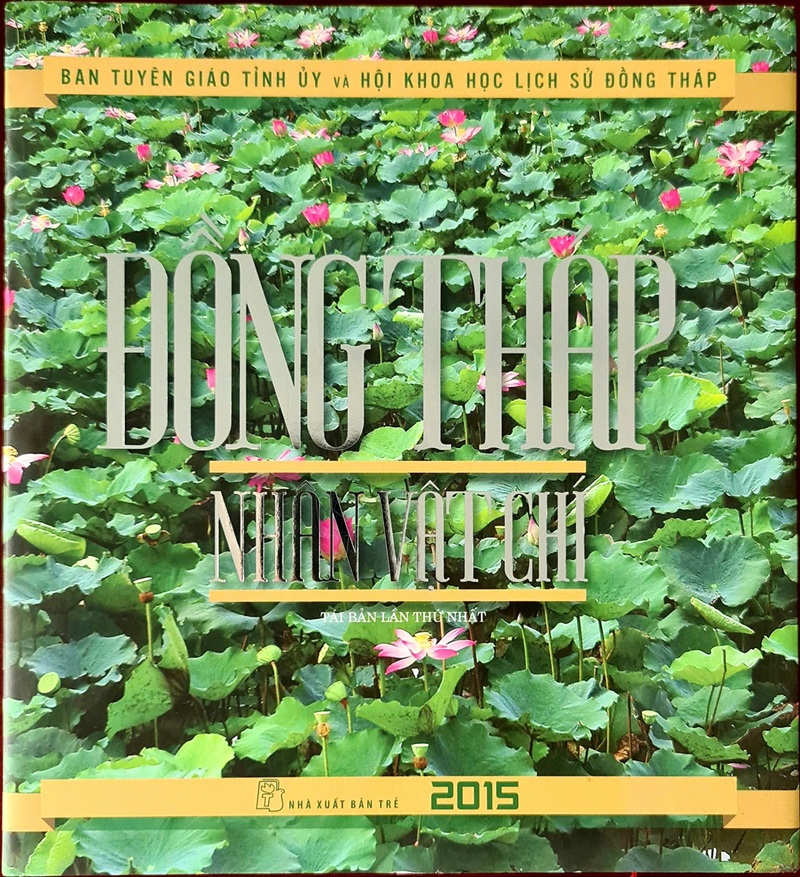
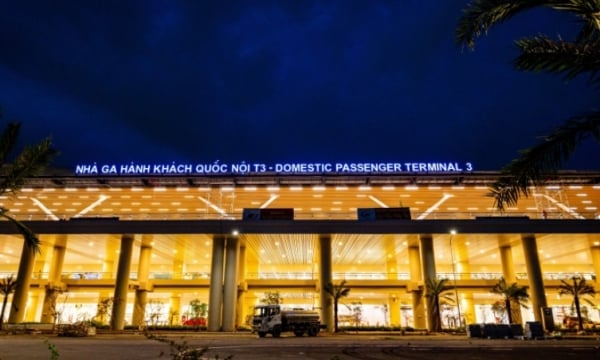
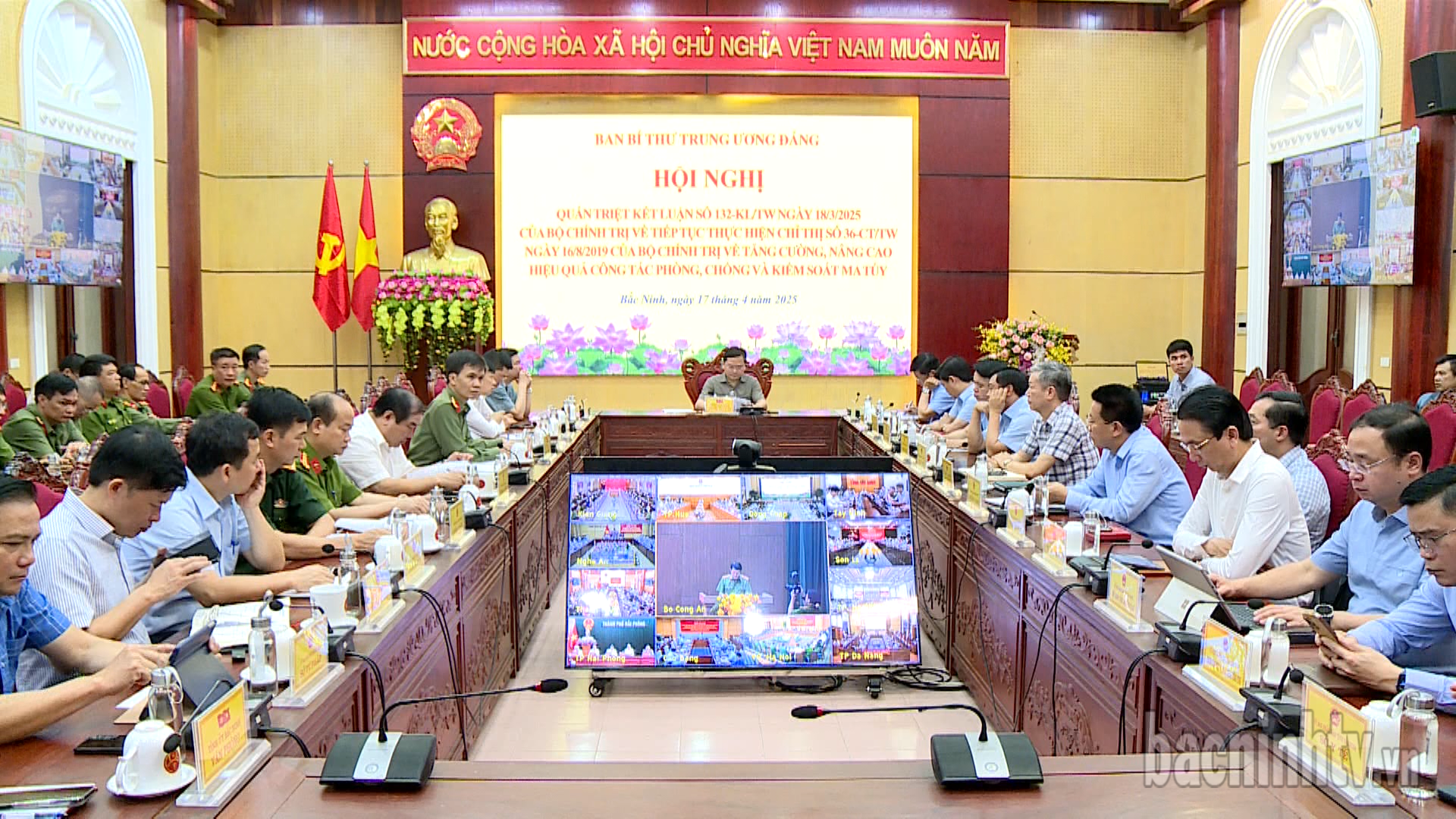
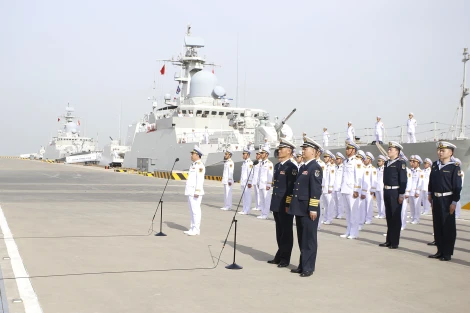
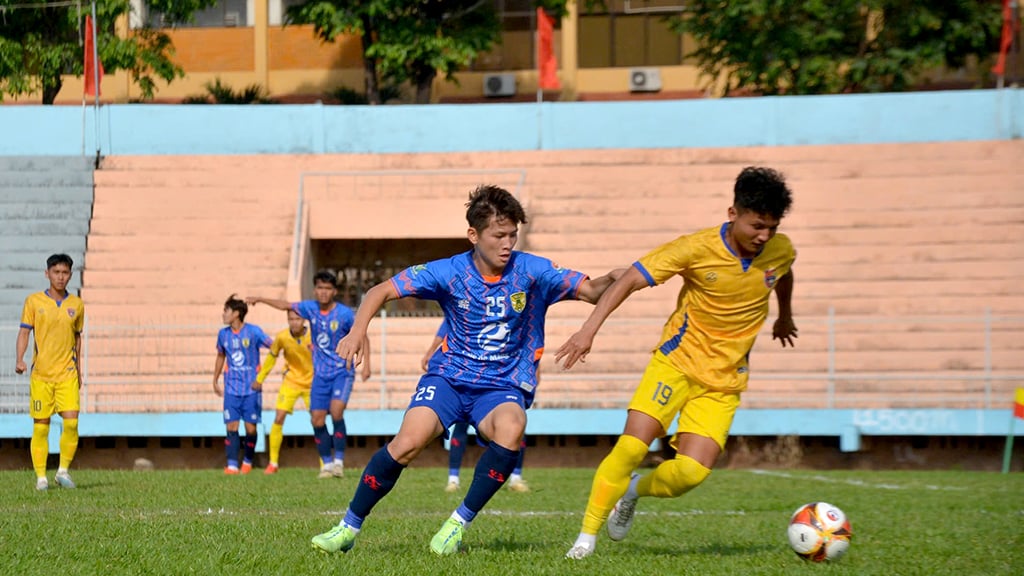
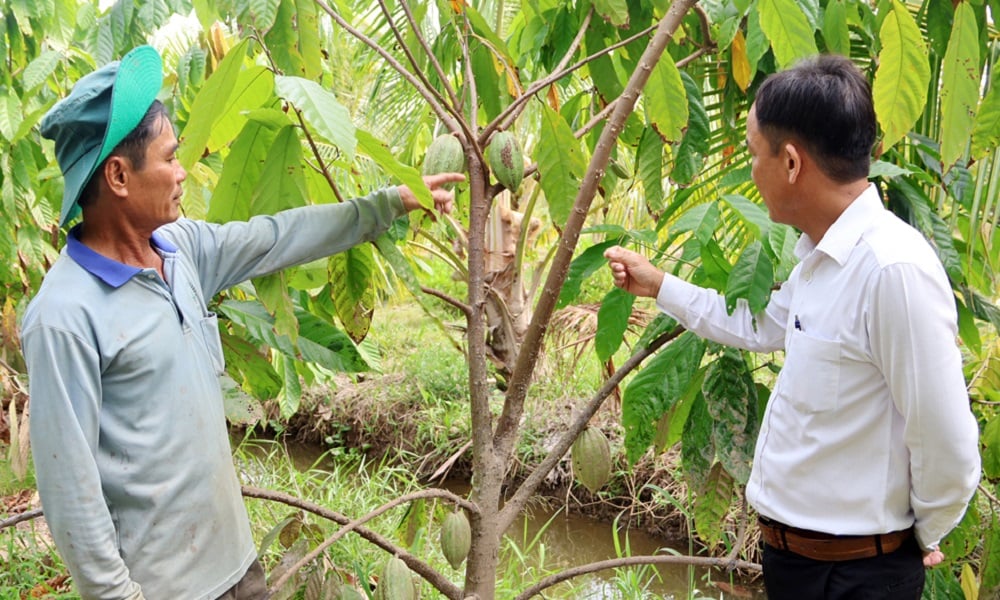




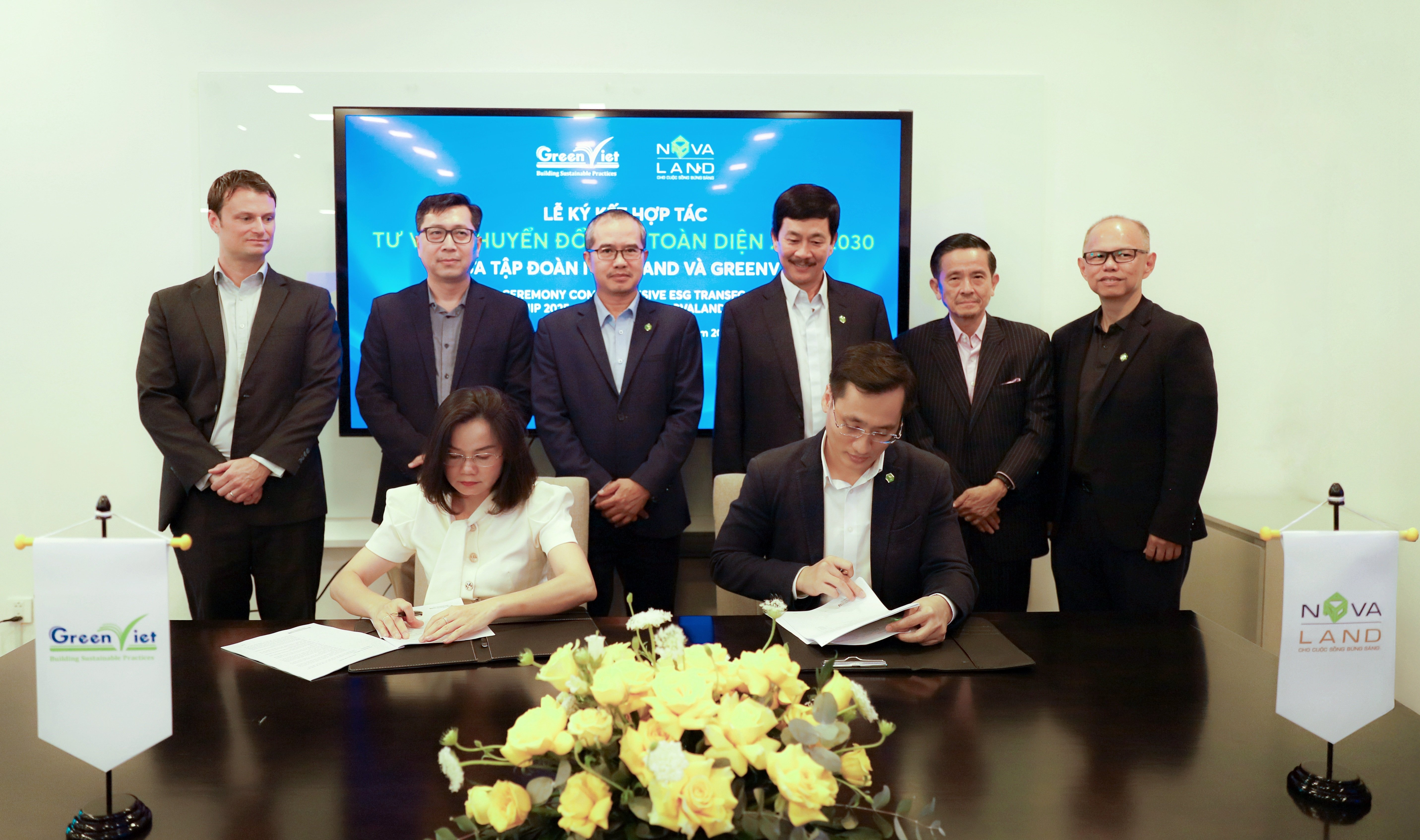
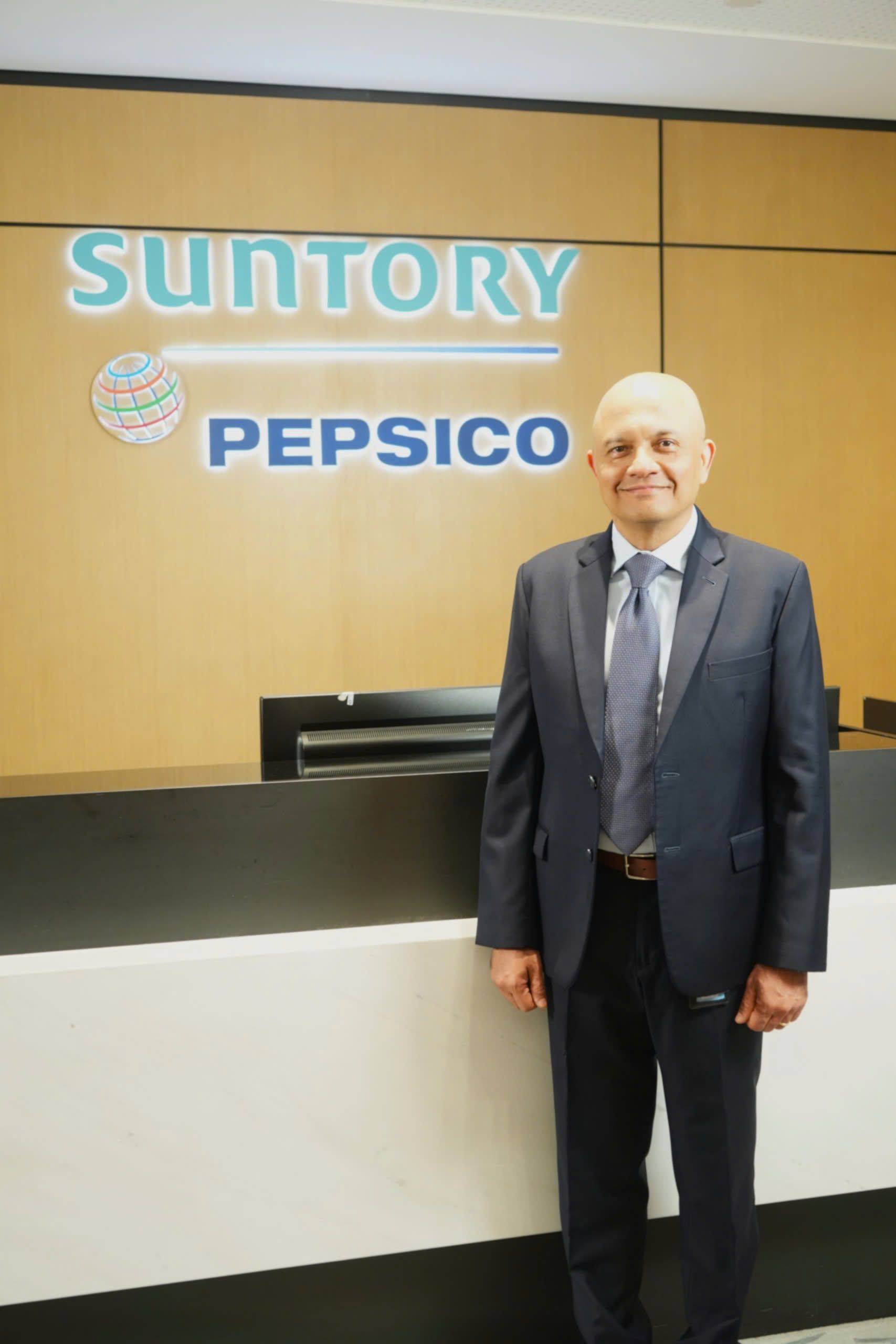

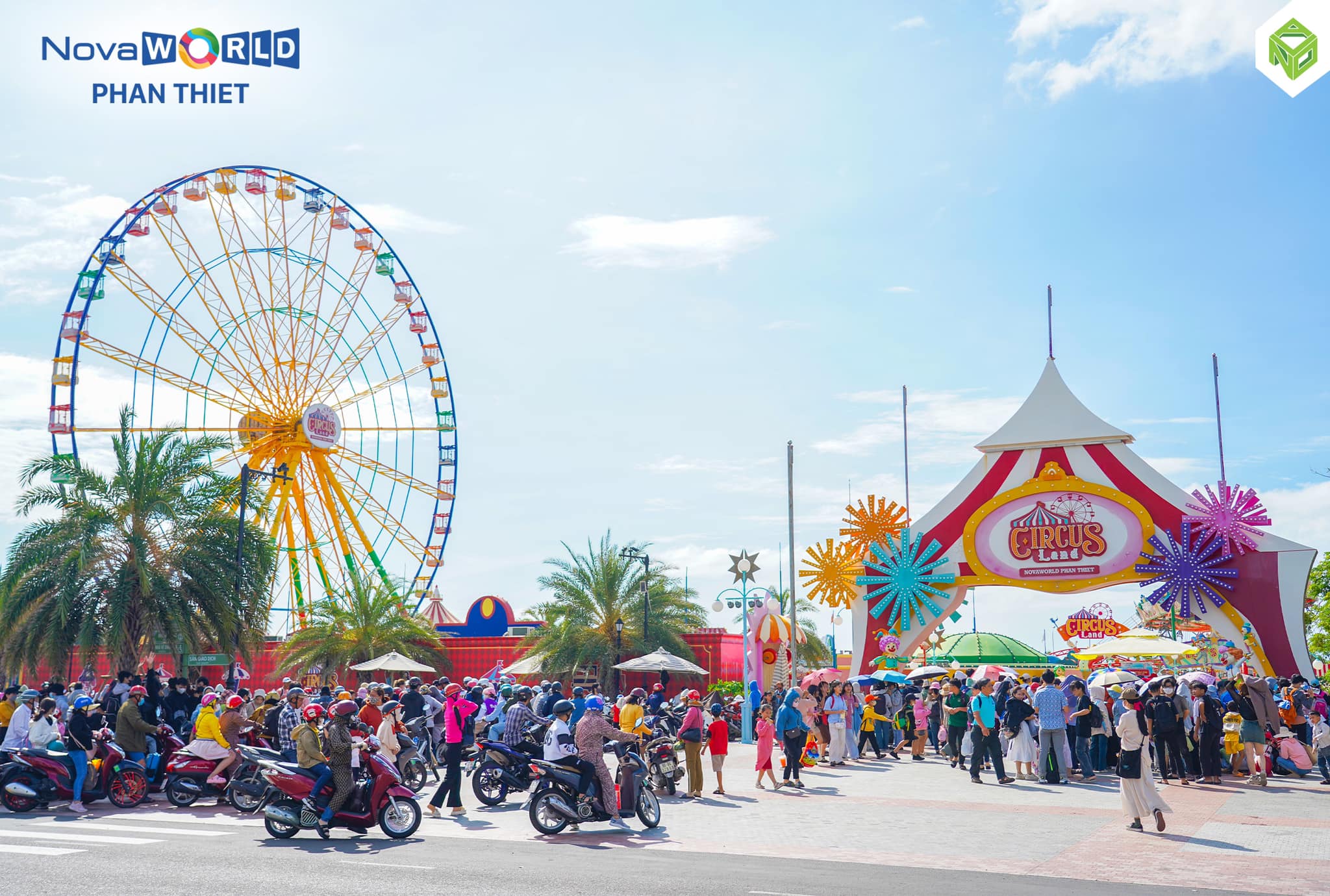
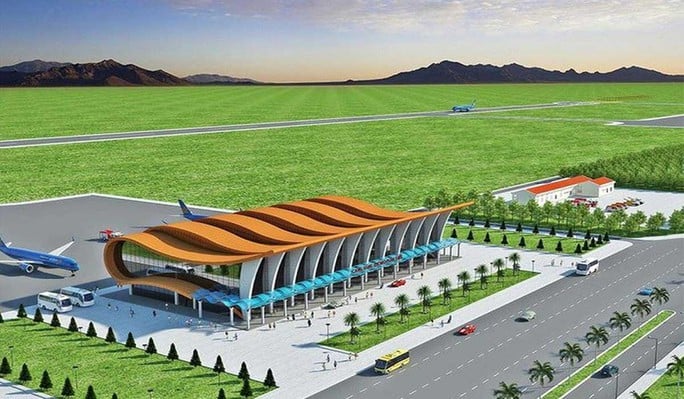
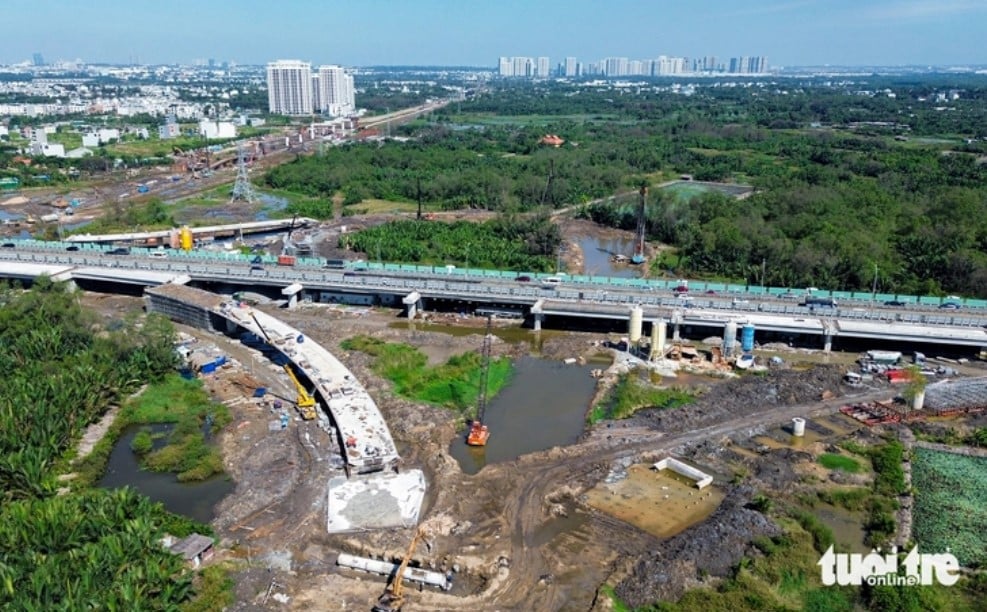
![[Photo] President Luong Cuong receives Lao Prime Minister Sonexay Siphandone](https://vstatic.vietnam.vn/vietnam/resource/IMAGE/2025/4/17/337e313bae4b4961890fdf834d3fcdd5)
![[Photo] General Secretary To Lam attends conference to meet voters in Hanoi city](https://vstatic.vietnam.vn/vietnam/resource/IMAGE/2025/4/17/889ce3da77e04ccdb753878da71ded24)








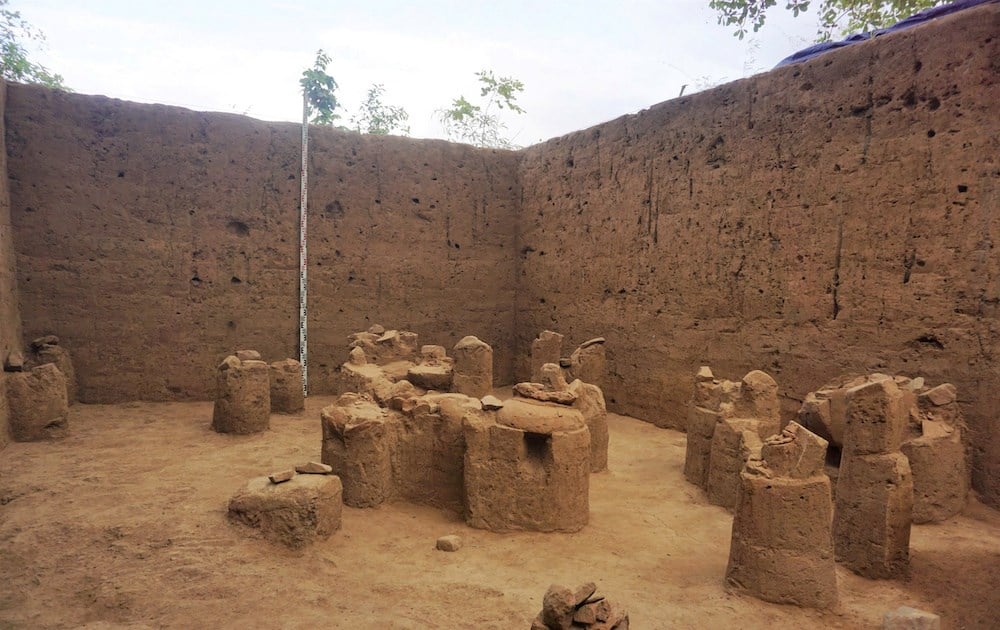
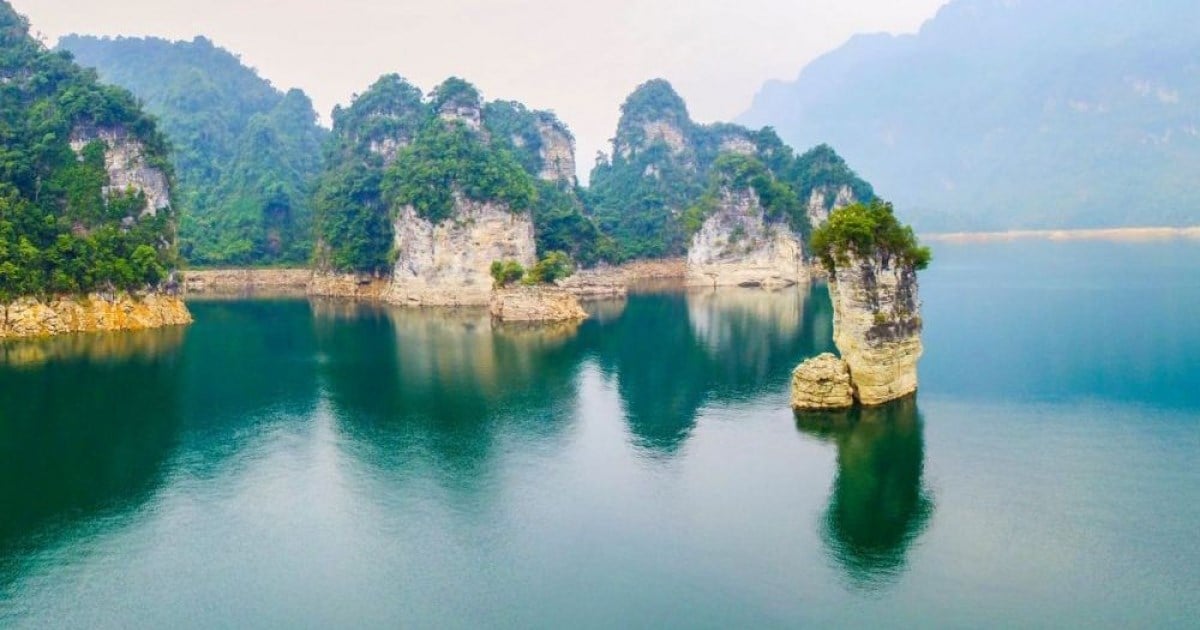








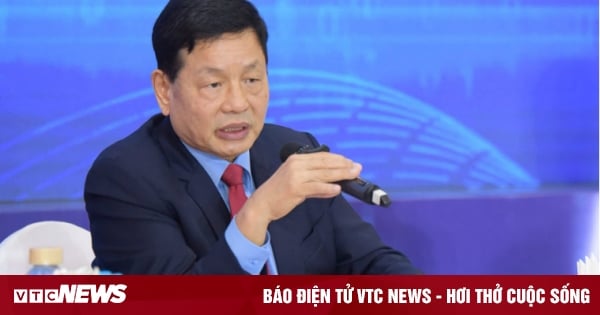





![[Video] Viettel officially puts into operation the largest submarine optical cable line in Vietnam](https://vstatic.vietnam.vn/vietnam/resource/IMAGE/2025/4/17/f19008c6010c4a538cc422cb791ca0a1)
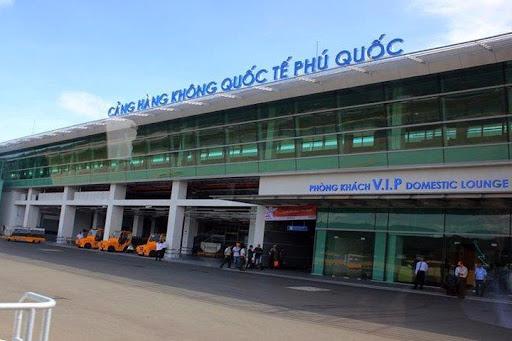
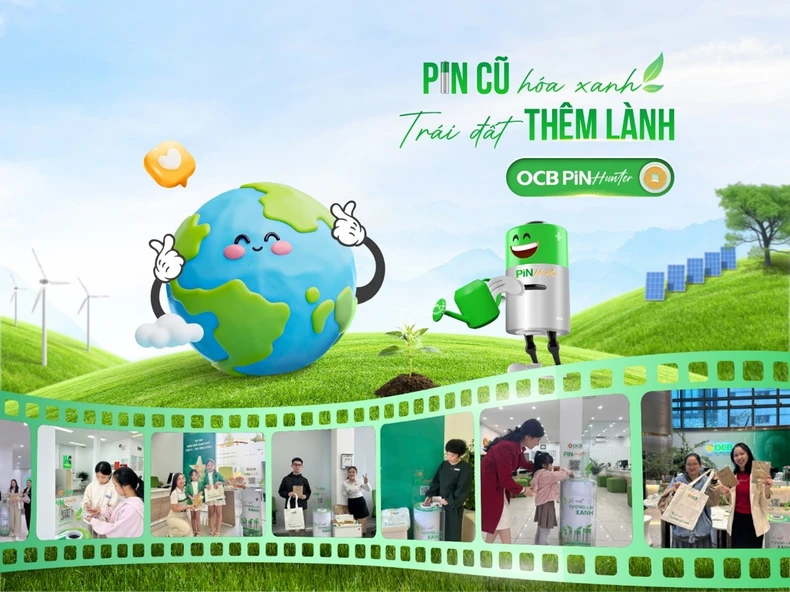
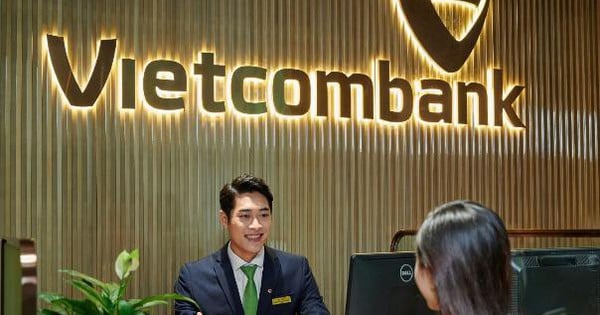

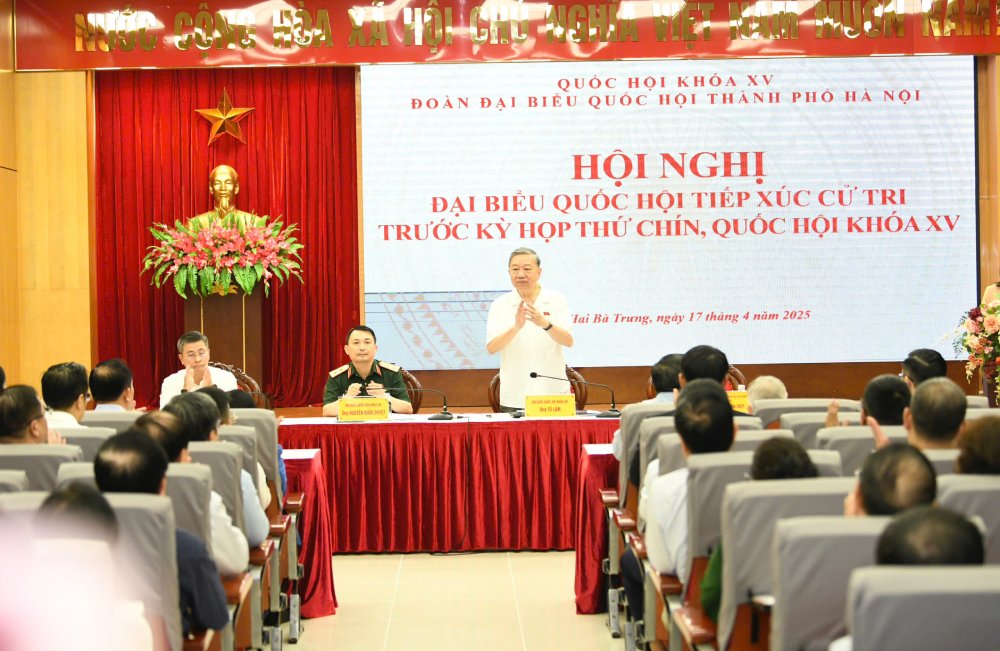

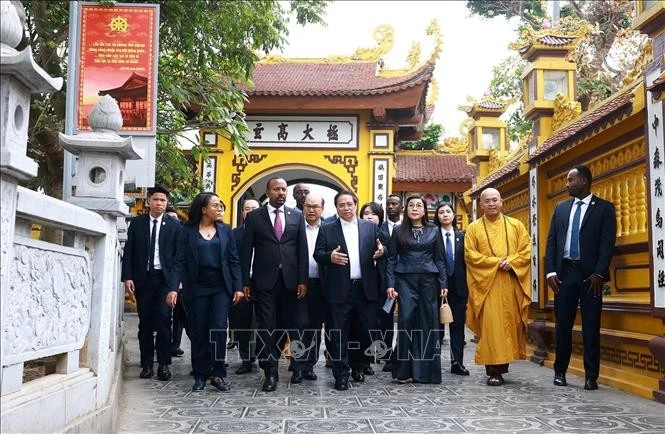

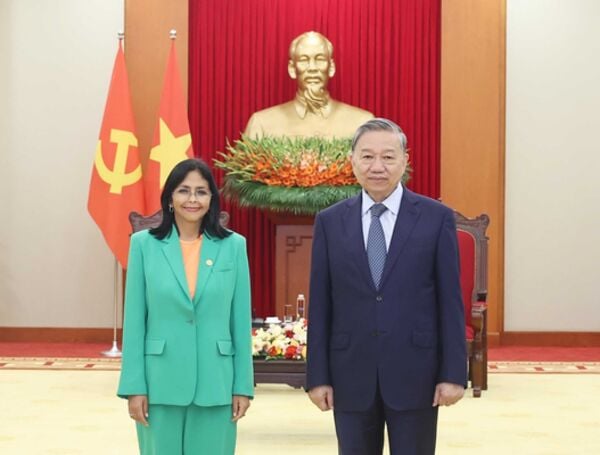
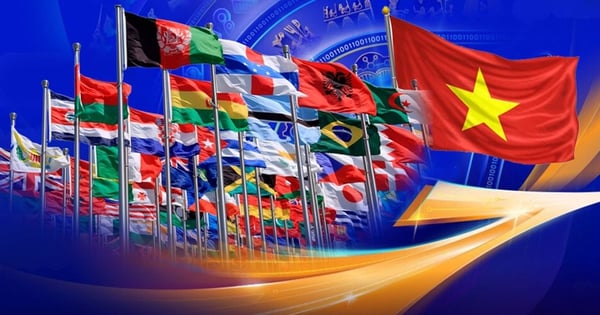
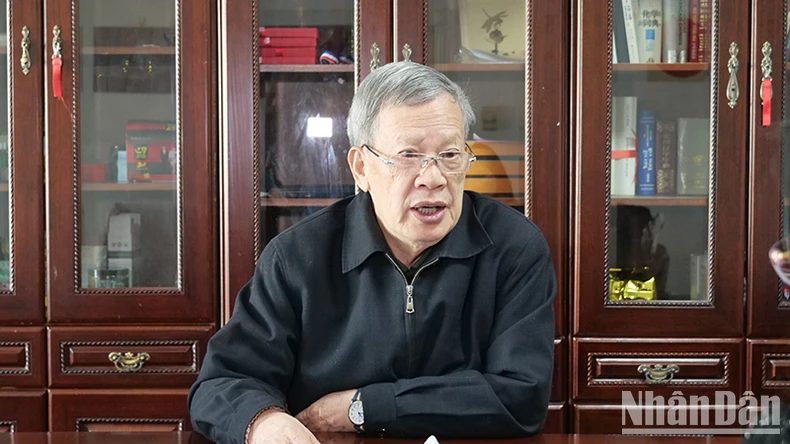

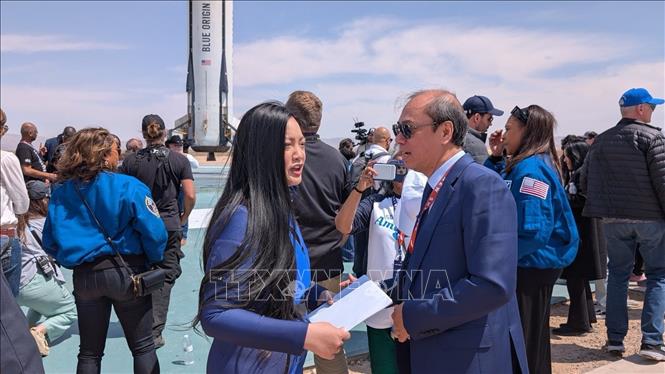

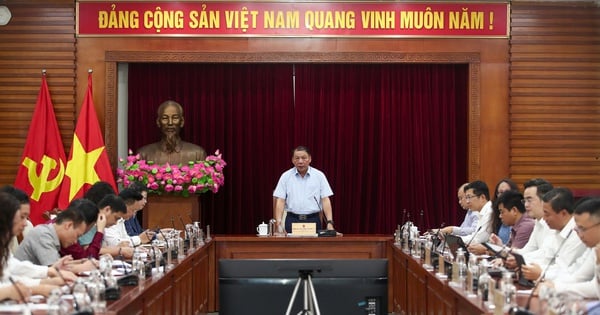


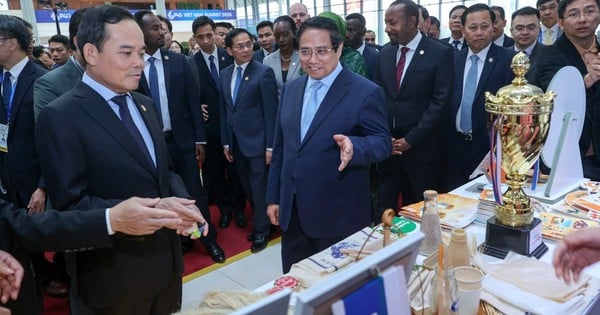

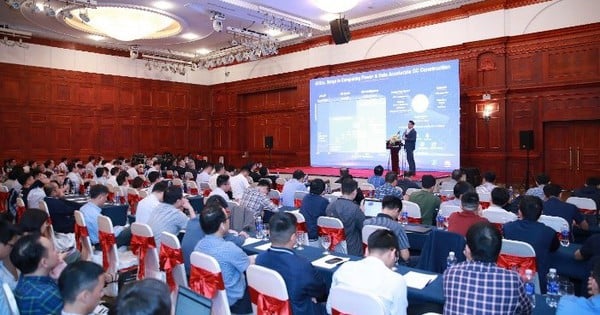
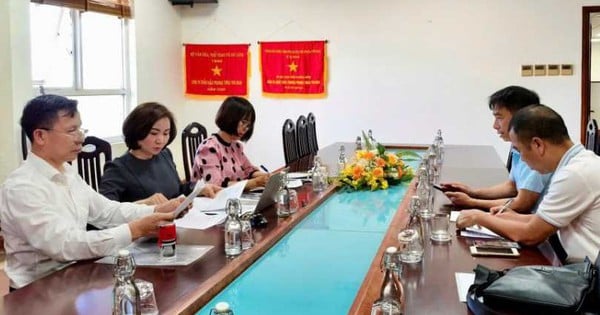
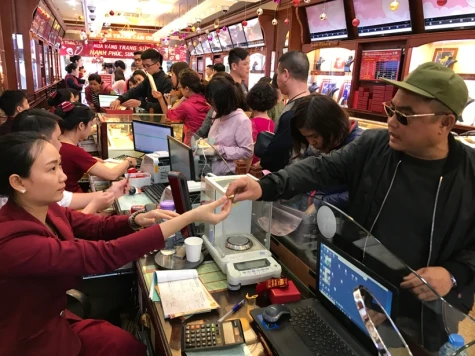

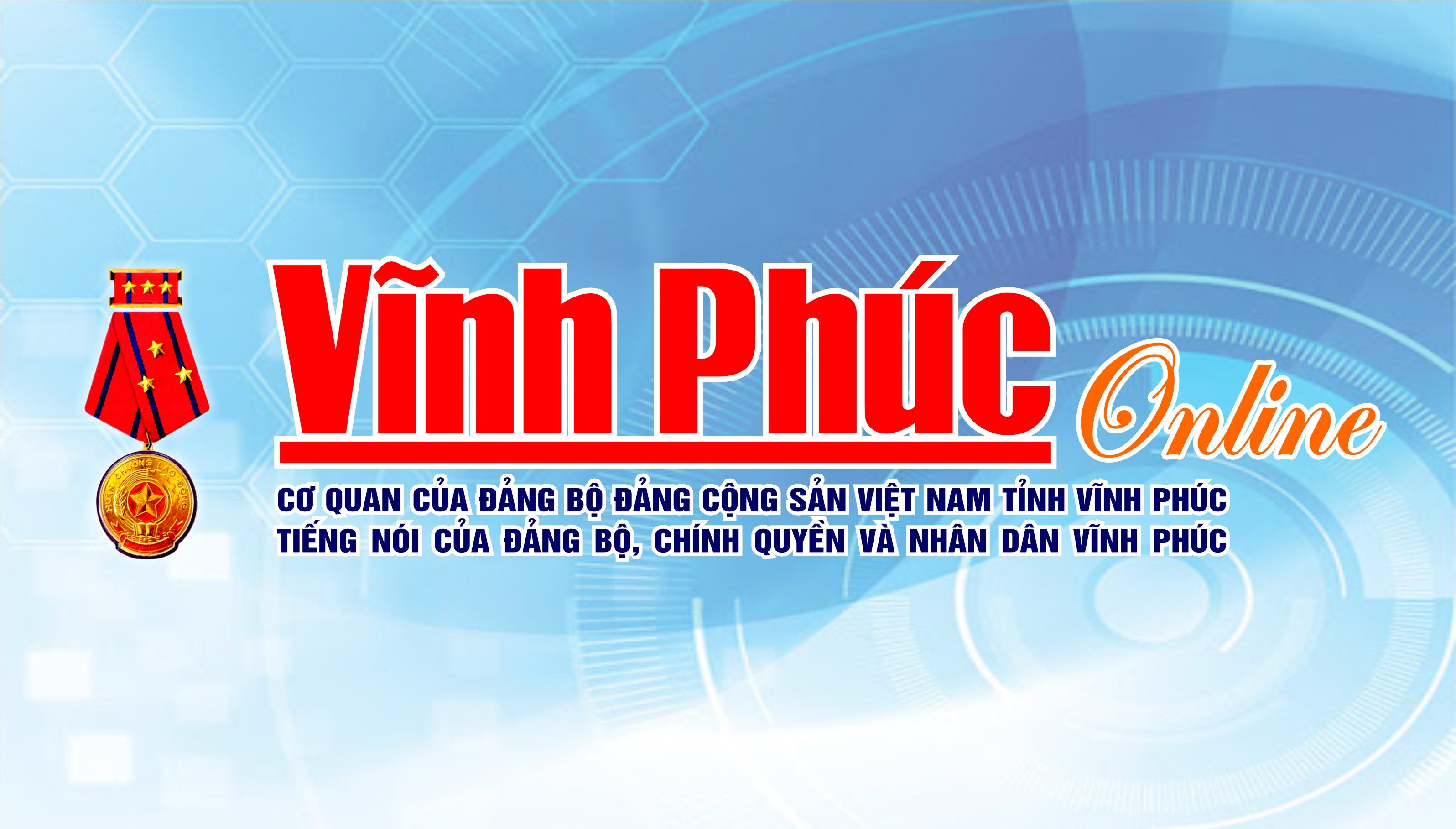

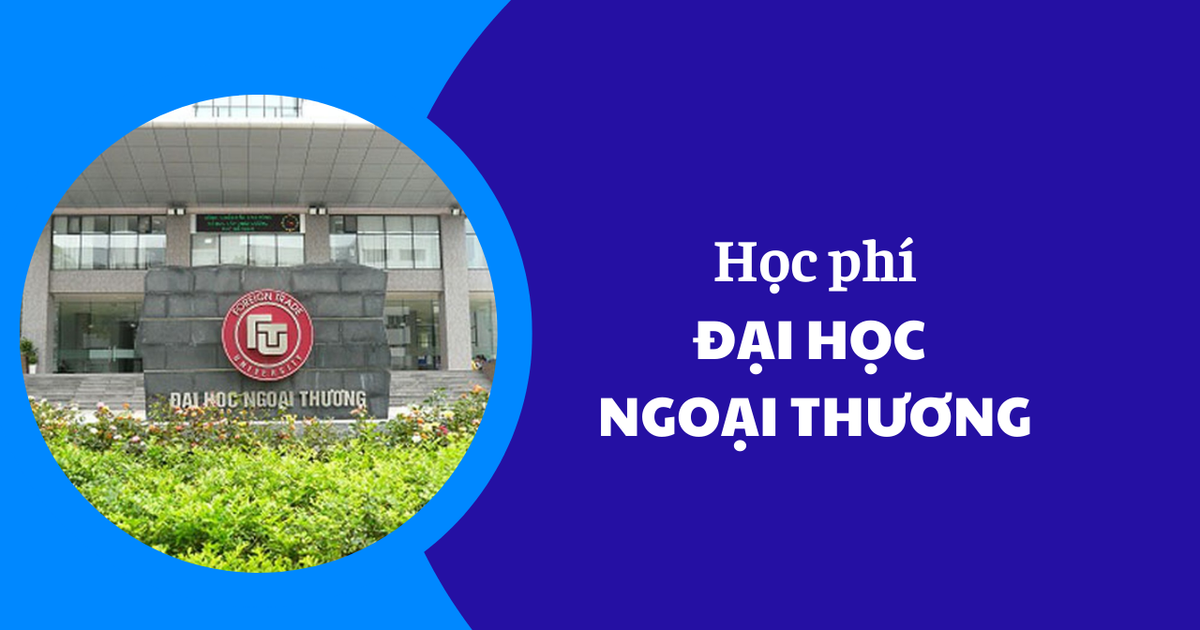

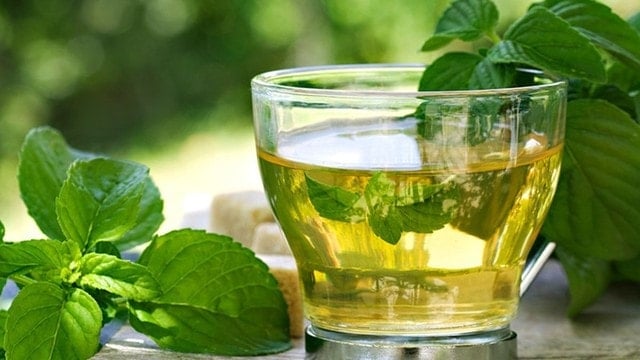

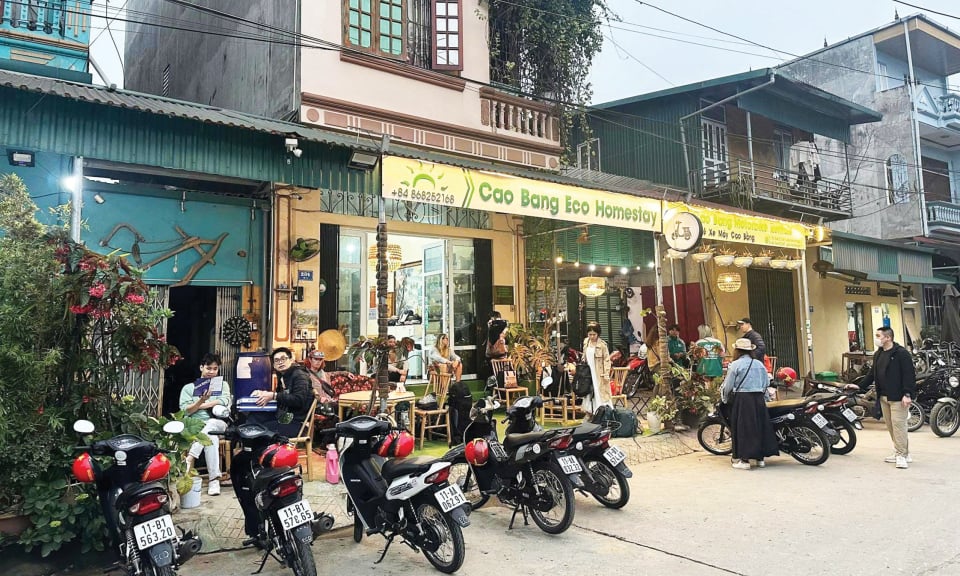

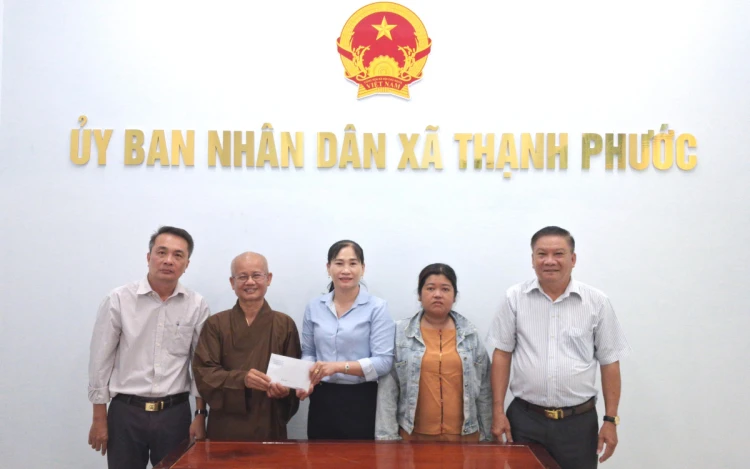













Comment (0)